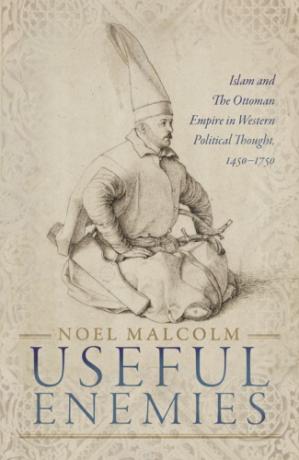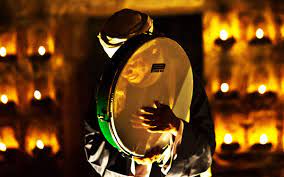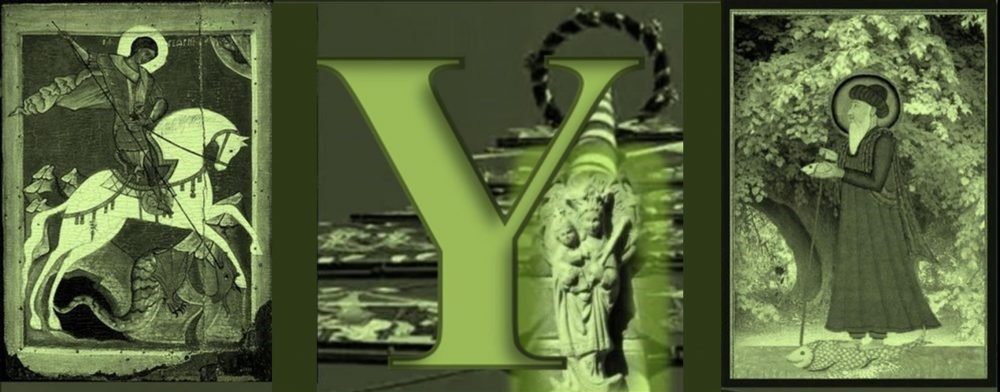A hundred years after the abolition of the Ottoman sultanate on November 1, 1922, enough time has passed to reexamine the Ottomans and reassess their legacy.

This illustrated volume, by critically acclaimed author Diana Darke, explores their unique achievements in architecture, cuisine, music, science, and medicine, as well as the political challenges they met. The Ottoman Empire faced issues shared by modern European and Middle Eastern countries: how to maintain a balance between religious ideology and secular politics and how to promote fairness and equality among citizens in a multicultural society.
While many still equate the Ottomans with the decadence of Istanbul–extravagant architecture, harems, and hookahs–they are unaware that the secrets of Ottoman success lay in a disciplined bureaucracy and a standing army that both awed and seduced its opponents. The Ottomans harnessed the talents of their diverse populations and quickly buttressed the crumbling edifice of Byzantine Christianity. Their dynamism and resilience helped fuse the cultures of Asia, Europe, and Africa, from the Himalayas to the Sahara, absorbing whatever impressed them, from Mongol armor to Persian tile work. Alongside their essential rigor, they enjoyed the finer aspects of life: in music, cuisine, and art, unafraid, even as rugged fighters, to display their love of flowers and gardens, especially tulips and roses. Behind the fine robes, carpets, and ceramics on display today in their great architectural monuments, Istanbul’s Topkapi Palace and Hagia Sophia, lie centuries of migration, trade, and struggle. In this original and beautifully illustrated book, Darke reveals a radically new picture of the Ottoman Empire
The Ottoman Empire: The Classical Age 1300-1600

A preeminent scholar of Turkish history vividly portrays 300 years of this distinctively Eastern culture as it grew from a military principality to the world’s most powerful Islamic state. He paints a striking picture of the prominence of religion and warfare in everyday life, as well as the traditions of statecraft, administration, social values, financial, and land policies. Free download
Daily Life in the Ottoman Empire

The Ottoman Empire was an Islamic imperial monarchy that existed for over 600 years. At the height of its power in the 16th and 17th centuries, it encompassed three continents and served as the core of global interactions between the east and the west. And while the Empire was defeated after World War I and dissolved in 1920, the far-reaching effects and influences of the Ottoman Empire are still clearly visible in today’s world cultures.
Daily Life in the Ottoman Empire allows readers to gain critical insight into the pluralistic social and cultural history of an empire that ruled a vast region extending from Budapest in Hungary to Mecca in Arabia. Each chapter presents an in-depth analysis of a particular aspect of daily life in the Ottoman Empire. Free Download
The Janissaries

From the fifteenth to the sixteenth century, the janissaries were the scourge of Europe. Their ferocious spirit allowed their masters to extend their conquests from the Danube to the Euphrates. Their power was such that even sultans trembled.
But by the end of the eighteenth century, they were more interested in trade than war. Ill-disciplined and arrogant, both rulers and ruled turned against them. Yet their political power was so extensive it took years before they could be suppressed. Here Download
Useful Enemies: Islam and The Ottoman Empire in Western Political Thought, 1450-1750

From the fall of Constantinople in 1453 until the eighteenth century, many Western European writers viewed the Ottoman Empire with almost obsessive interest. Typically they reacted to it with fear and distrust; and such feelings were reinforced by the deep hostility of Western Christendom towards Islam. Yet there was also much curiosity about the social and political system on which the huge power of the sultans was based. In the sixteenth century, especially, when Ottoman territorial expansion was rapid and Ottoman institutions seemed particularly robust, there was even open admiration.
In this path-breaking book Noel Malcolm ranges through these vital centuries of East-West interaction, studying all the ways in which thinkers in the West interpreted the Ottoman Empire as a political phenomenon – and Islam as a political religion. Useful Enemies shows how the concept of ‘oriental despotism’ began as an attempt to turn the tables on a very positive analysis of Ottoman state power, and how, as it developed, it interacted with Western debates about monarchy and government. Noel Malcolm also shows how a negative portrayal of Islam as a religion devised for political purposes was assimilated by radical writers, who extended the criticism to all religions, including Christianity itself.
Examining the works of many famous thinkers (including Machiavelli, Bodin, and Montesquieu) and many less well-known ones, Useful Enemies illuminates the long-term development of Western ideas about the Ottomans, and about Islam. Noel Malcolm shows how these ideas became intertwined with internal Western debates about power, religion, society, and war. Discussions of Islam and the Ottoman Empire were thus bound up with mainstream thinking in the West on a wide range of important topics. These Eastern enemies were not just there to be denounced. They were there to be made use of, in arguments which contributed significantly to the development of Western political thought. Free Download


Look also: SUFI ORDERS AND POPULAR CULTURE and
SUFISM, MUSIC AND SOCIETY IN TURKEY AND THE MIDDLE EAST

